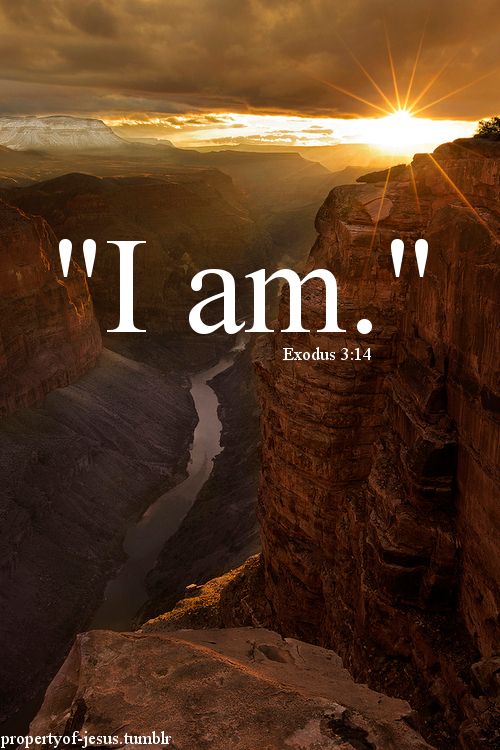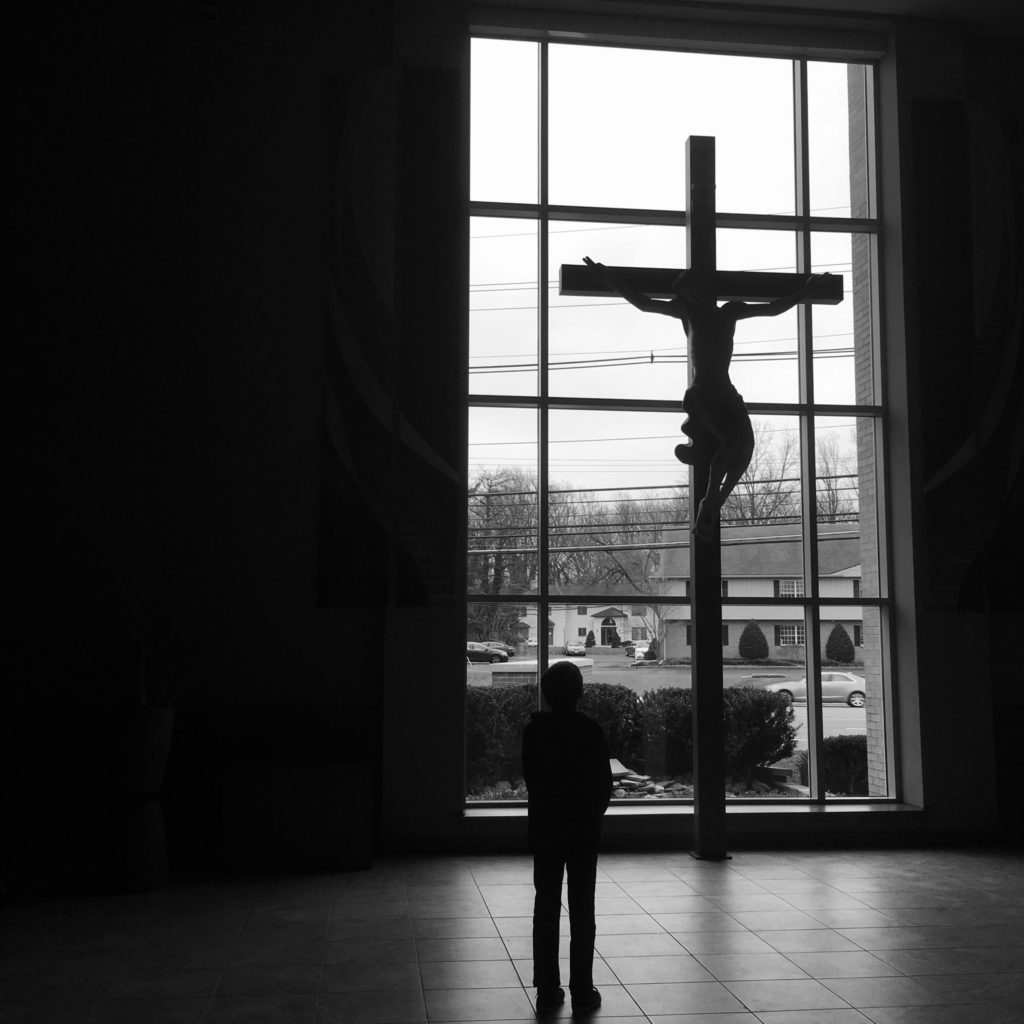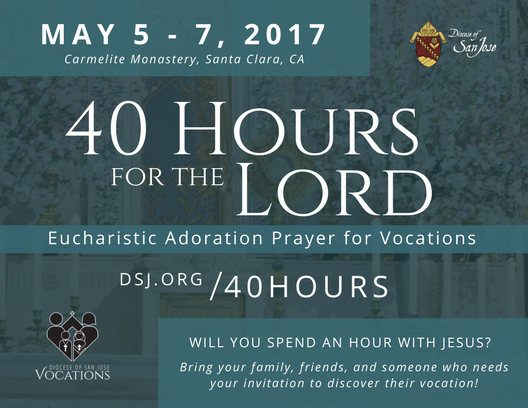Until this day, the effect of the alteration strange and beautiful comes to all of those upon whom the grace of God has blown. That means, dearest ones, that we now live inside the three Persons, though it takes a great act of faith it takes to confess that.
In our existence, and in a world which seems increasingly closed in upon itself, where we witness in our time the implosion of individuality, it takes a great act of faith to confess that. Nevertheless, the mystery of Pentecost proclaims to us that we live inside God, and not in a way that we cease to be the human creatures that we are; not in a way in which our personhood is in any way diminished, but instead, it is enlarged.
How is it enlarged? Well, we shall know that in the age to come, in the regeneration, when we shall partake of those things that the Church’s prayer of thanksgiving says are still are unknown to us: “We give thanks to the things that are known and unknown.”
What is unknown to us? What is unknown to us, yet already has been given to us, is that when we shall fully live inside the one God in three persons, in the three divine persons, we shall also–all of us—live within each other. Ponder that for a moment.
Each of us, all–and I don’t mean the few of us here. But all of those persons created in the image and likeness of God from Adam until the end. Each of those, who reach their destiny, upon whom the grace of God has blown and have become transformed with the alteration strange and beautiful, shall live inside each other with a capacity that is limitless.
Our minds collapse when we try to imagine eternity because we are confined in time and find it difficult to get past the notion of time that goes on and on. Yet that will be no more, but instead, there will be the eternity of God. God will be all in all, says St. Paul. And in that God being all in all, all who are in God will be “all” in each other.
Can you imagine just for a moment: each one of us, every angelic and human person that has been created by the one God in three persons, having a limitless capacity for the Father, the Son, and the Holy Spirit? Can you imagine the immensity of that?
People who experience human love in this world – in marriage, in true friendship–have a small reflection of that “insidedness.” Often, spouses and friends who love each other suffer from love. Love makes them suffer. With the taste of the love that they have, comes the experience of its limitations; there is still an “outsidedness” that prevents the within-ness from being complete.
What about when that outsidedness is removed and doesn’t exist anymore? All outsidedness with God removed! All outsidedness with each other removed!
And everything that is experienced of the divine Persons and of the human persons and of the angelic persons is a limitless banquet of delight and beauty and perfection!
What about that? There will be no end! ‘
‘Then shall I know, even as I am known,’ says St. Paul when he speaks of faith, hope and love abiding and the greatest of these is love. Then shall I know even as I am known!
So, dearest ones, on the day of Pentecost, let us exult in this mystery of insidedness, withinness, and magnify the one God in three persons, as persons created by Him, who by His unimaginable love, have become transformed with the alteration strange and beautiful that He has breathed upon us.
Then neither life nor death nor things present nor things to come nor any other thing can separate us from the love of God, which is in Christ Jesus our Lord. Come, Holy Spirit, fill the hearts of us, Your faithful, and enkindle in us the fire of Your love, now and unto the endless ages. Amen.




